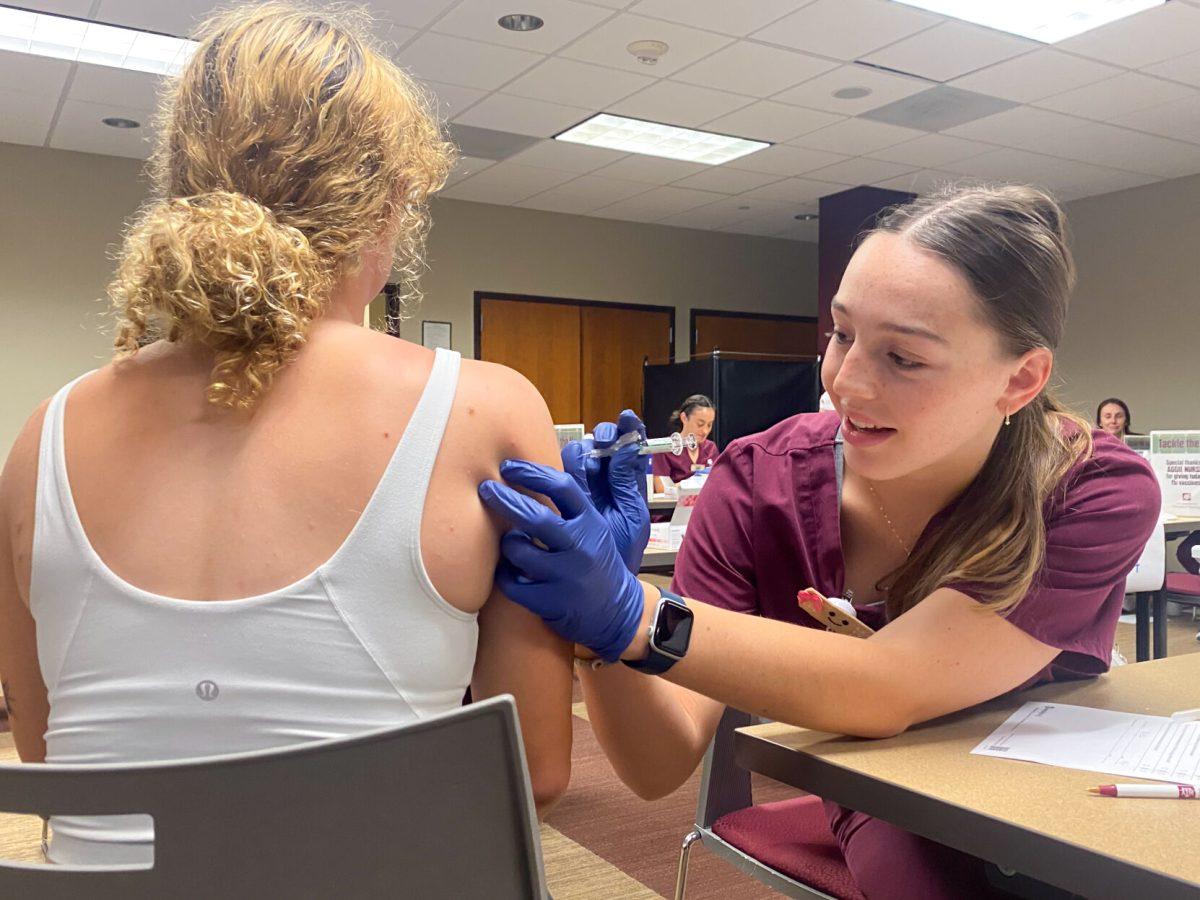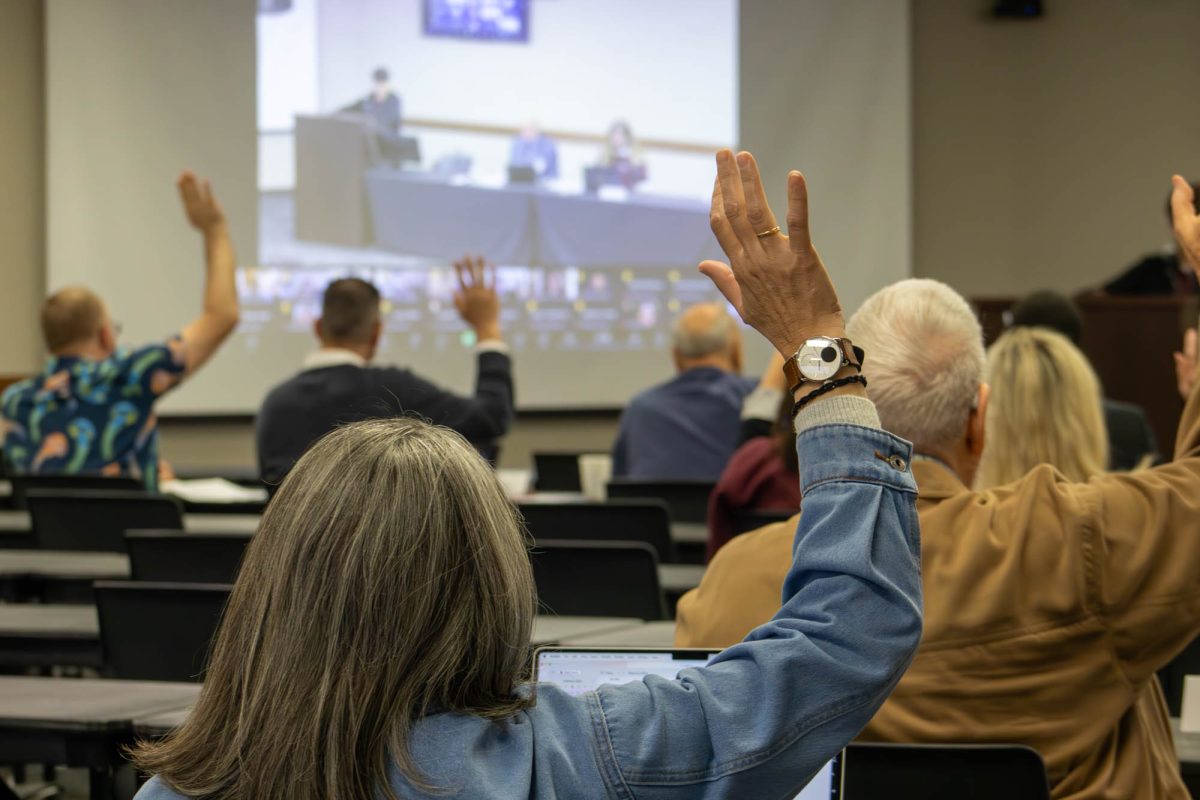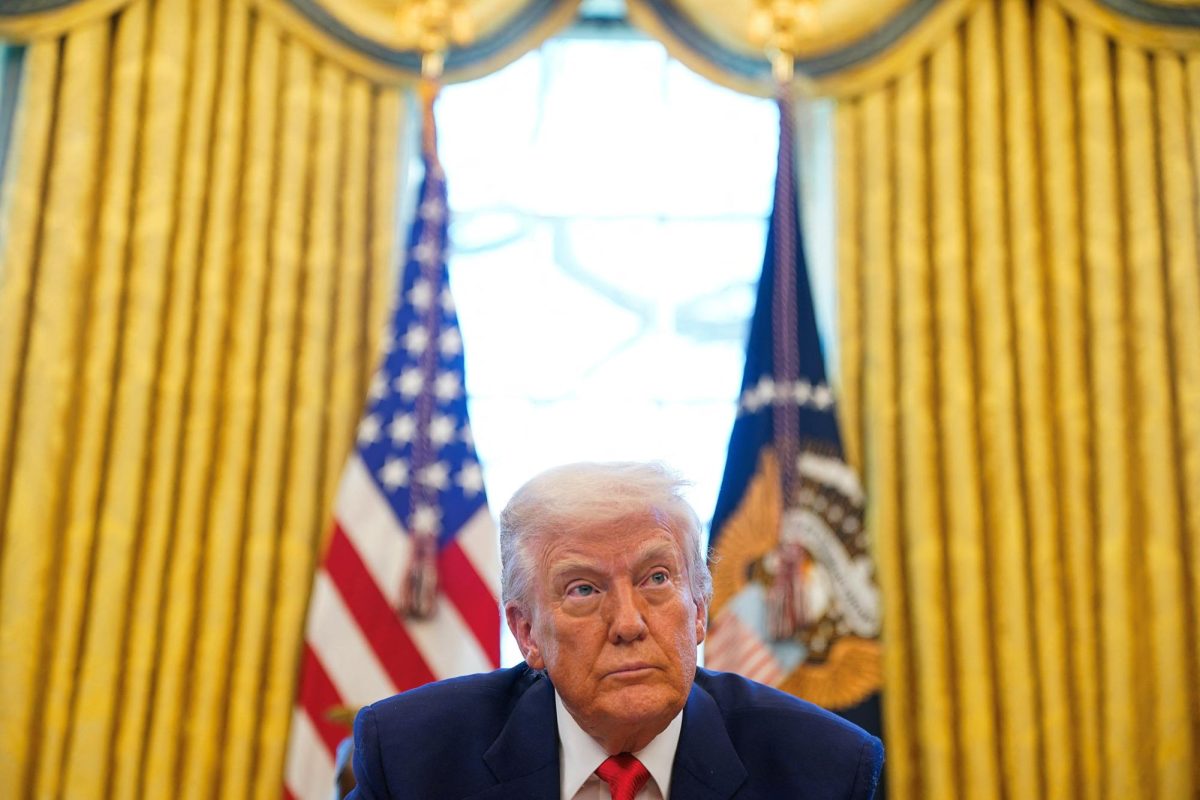A recent study compared 10 high-income, developed countries, including the United States, based on their healthcare systems. The U.S. was ranked last for multiple reasons, including high costs and [ADJECTIVE] quality of care.
The chief of medical staff for University Health Services at A.P. Beutel Health Center, Gayle Ponder, Ph.D., said the ranking reflects different tax and healthcare policies. Other countries levy higher taxes on citizens to pay for cheaper and more effective healthcare services.
“I do think, in America, the insurance companies and the administrative process have gotten into healthcare and have made it inefficient for the patients,” Ponder said.
Ponder said there are accessibility issues when people are trying to access healthcare they need.
“Just from seeing my own family members using healthcare outside of the Beutel, there is a lot of inefficiencies,” Ponder said. “There’s a lack of follow through, and there’s a lot of barriers with getting the appointments you need or getting the tests you need for the doctor.”
Political science junior Dominique Larrea said the ranking does not shock her — especially when taking into account cases where Americans pay hundreds of thousands of dollars for treatments.
“And we don’t see the same results that you probably see in other countries,” Larrea said.
Larrea said when her cousin was diagnosed with a brain tumor, the waitlist for help in Texas was a month — despite him only having “a few weeks left.”
“So waiting for help and when you need it right then and there was not not an option,” Larrea said.
Ponder said it’s not just the healthcare providers contributing to the ranking — but also insurance companies that serve as a barrier by refusing to approve treatments and procedures despite “a lot of research and great physicians” in the United States..
“I also think across the U.S. there are areas and clinics that do try to serve people and remove the cost barrier,” Ponder said. “Yet, there are still going to be people who don’t utilize this and people who don’t follow through.”
Larrea said a large part of why the U.S. healthcare system is so poor is due to politics and lobbying, as pharmaceutical companies would not benefit from a free or low-cost healthcare system.
“At the end of the day, this is a humanitarian issue, I think us being No. 10 should raise awareness and should set off a lot of alarms in government that we need to be doing something better,” Larrea said. “One of the reasons why people say ‘free healthcare for all’ wouldn’t be the best is because many countries with free healthcare have a backed-up healthcare system, but you have the same issue here.”
Ponder said that in an ideal situation, everybody would have the same access to care, so people wouldn’t have to avoid healthcare because of cost or convenience.
“There’s a whole portion of the population that does die earlier because they don’t have means to utilize the healthcare system,” Ponder said.
As a student, Larrea said healthcare on campus, like Beutel, reflects how bad the healthcare system is in the United States.
“You see other countries thriving, and in the United States, it’s not,” Larrea said.
Ponder said the university is continuing to combat the misconception of the quality of care received through educating.
“We’re not perfect, but I think we are very geared towards helping students learn to navigate the healthcare system because we know that you don’t have experience with that — because no one can go to the doctor by themselves until 18,” Ponder said.
Ponder said various issues prevent students and staff from realizing the true potential of on-campus healthcare services.
“If the only reason students feel like they need to come here sometimes is to get a university excuse, that is the university problem that we’ve tried to address with the Faculty Senate many times,” Ponder said.
Larrea said other college students would agree that basic healthcare costs have become unreasonable.
“Not everyone has school paid for, so on top of working one or two jobs, aside from doing 12 to 15 hours of school, the last thing you want to see is a $50 to $100 bill from Beutel or any sort of emergency care here in the Brazos [Valley] or College Station area,” Larrea said.
When looking at how the U.S. is ranked, Ponder said Beutel is also trying to look for new pieces to improve students’ access to healthcare.
“Still, though, we can’t fit more providers into the space that we currently have, so we know that we don’t help everybody that needs it,” Ponder said. “But I think the people that come here get really good care, and it may not always be what people think we should be doing for them, but a lot of times the care is based on science.”















